

The Huawei Mate 30 Pro looks set to boast a truck load of features – from a supercharged quadruple-camera set-up, support for 5G networks, an all-screen design with improved facial recognition... the list goes on.
But one thing that will not be coming to the Mate 30 Pro is support for Google apps.
- Huawei Mate 30: price, release date, leaks and everything we already know
- Huawei P30 Pro review
- Huawei Mate 20 Pro review
Google has confirmed the next-generation Huawei Mate will not be able to launch with any Google applications or services, which means no Google Maps, Gmail, YouTube, Google Hangouts, and even no Google Play Store to install third-party apps like SnapChat, Spotify, Facebook, Twitter, Netflix, as well as buy eBooks, films and music tracks and other media.
The access to Google services has been restricted due to the ongoing US trade ban on Huawei. The Shenzhen-based company will still be able to use Android on its devices, since the mobile operating system is open-source at its core. However, Google-owned apps and services that are separate from the OS will be restricted.
Huawei has been granted a three-month extension from the United States Commerce Department that runs out on November 19, 2019 to enable it to "provide service and support, including software updates or patches, to existing Huawei handsets that were available to the public on or before May 16, 2019."
However, this only applies to smartphones that were already available when the ban came into effect earlier this year. This means Huawei will be able to bring Android 10 features to the Huawei P30, Huawei P30 Pro, and numerous others, but will not be able to do the same on the foldable Huawei Mate X, or the Huawei Mate 30 series.
Of course, that won't trouble customers in China, which hasn't had access to the Google Play Store for years as the Californian company does not operate its services within the country. As such, there are hundreds of competing app stores – each with a widely different selection of apps and services available.
Sign up to the T3 newsletter for smarter living straight to your inbox
Get all the latest news, reviews, deals and buying guides on gorgeous tech, home and active products from the T3 experts
But it could seriously damage sales in the UK and Europe, where the Mate 30 series will be competing with the likes of the OnePlus 7 Pro, Samsung Galaxy Note 10, Galaxy S10, Galaxy S10 Plus, and a host of other Android flagship phones that have access to the Google Play Store and all of the apps listed above. It seems unlikely that customers – no matter how much they love Huawei software, industry-leading camera features, and industrial design – will be willing to forgo the likes of WhatsApp, SnapChat, Netflix, Amazon, Google Maps, Prime Video, and more.
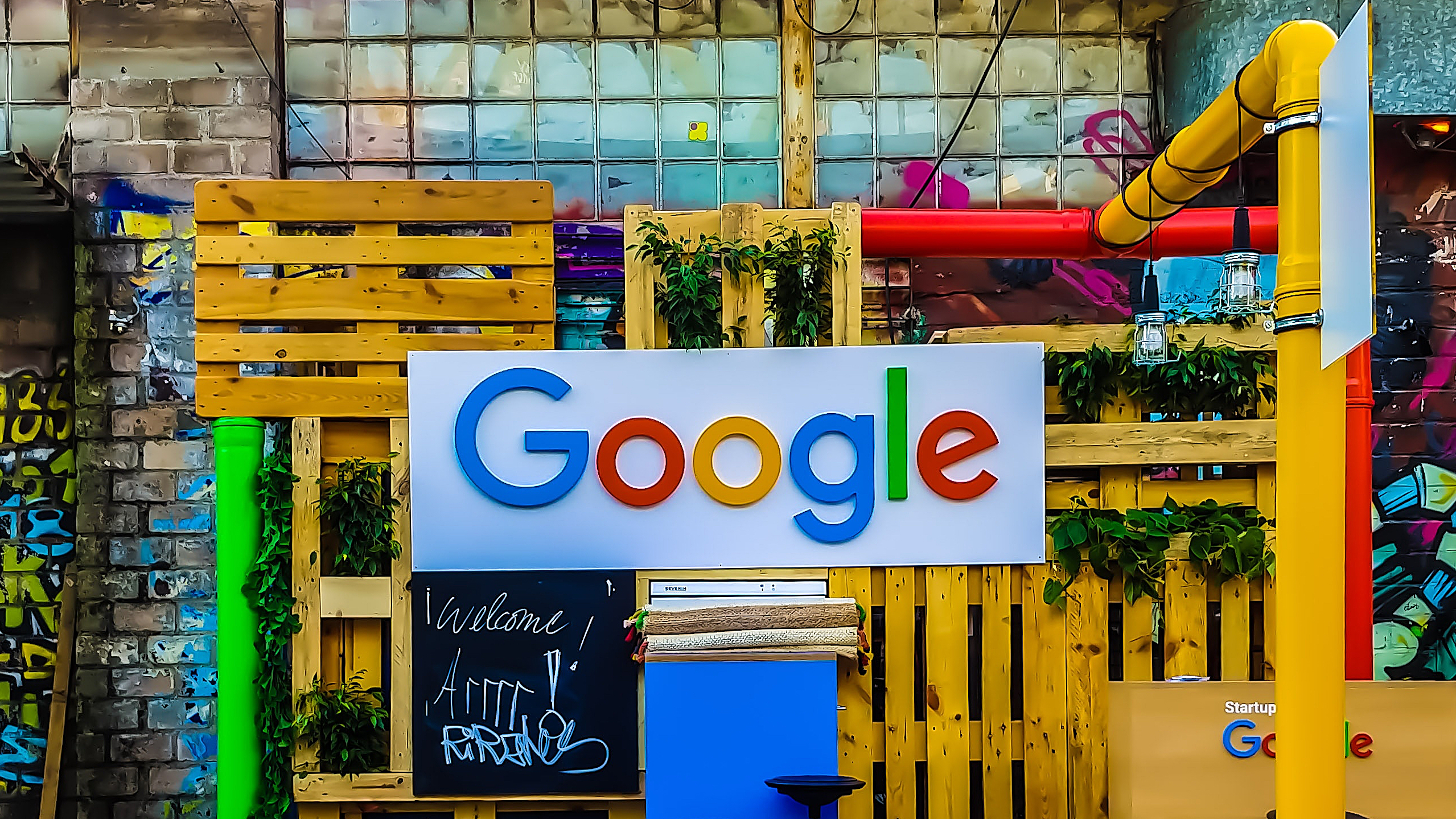
That's why Huawei Consumer Business Group CEO Richard Yu has confirmed plans to include a workaround to let customers install their favourite Google services and apps on the handset.
In response to a question about whether the company would include safeguards to stop users installing Google apps onto the Mate 30 and Mate 30 Pro by other means than the Play Store, Richard Yu said the process would be "quite easy for users", noting that Android's open-source nature allows "a lot of possibilities".
Of course, whether customers will be suitably wooed by the Mate 30 and Mate 30 Pro hardware to put-up with the colossal faff of installing Android apps without the ease of the Google Play Store remains to be seen.
There's also security concerns with encouraging users to side-load software onto Android as this leaves the handset open to malware. We've already seen Cyber-criminals take advantage of the popularity of Fortnite, which is not available from the Play Store and needs to be side-loaded, to serve players with malware.
As a former Staff Writer for T3, Aaron writes about almost anything shiny and techie. When he’s not barking orders at Alexa-powered microwaves or gawping at 5G speed tests, Aaron covers everything from smartphones, tablets and laptops, to speakers, TVs and smart home gadgets. Prior to joining T3, Aaron worked at the Daily Express and and MailOnline.
-
 A new age of humanity wins the Sony World Photography Awards 2025
A new age of humanity wins the Sony World Photography Awards 2025Zed Nelson's Anthropocene Illusion highlights the influence of humans on the environment and the artificial spaces left for wildlife in a powerful set of images to win this year's SWPA Photographer of the Year
By Mat Gallagher
-
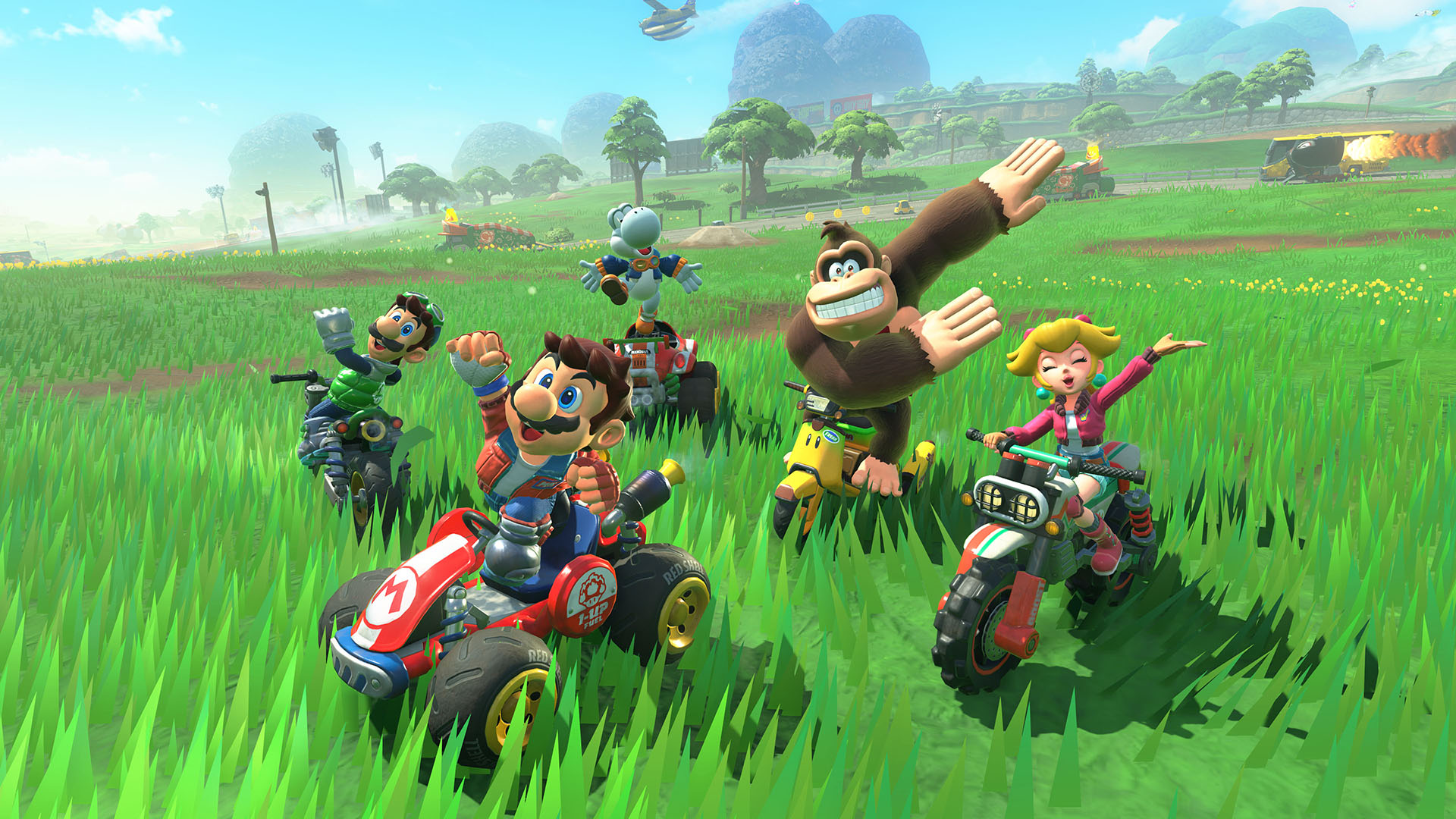 How to watch Mario Kart World Direct – everything you need to know about the Switch 2 launch game
How to watch Mario Kart World Direct – everything you need to know about the Switch 2 launch gameNintendo will host a new Nintendo Direct presentation this week, here's how to watch it live and what to expect
By Rik Henderson
-
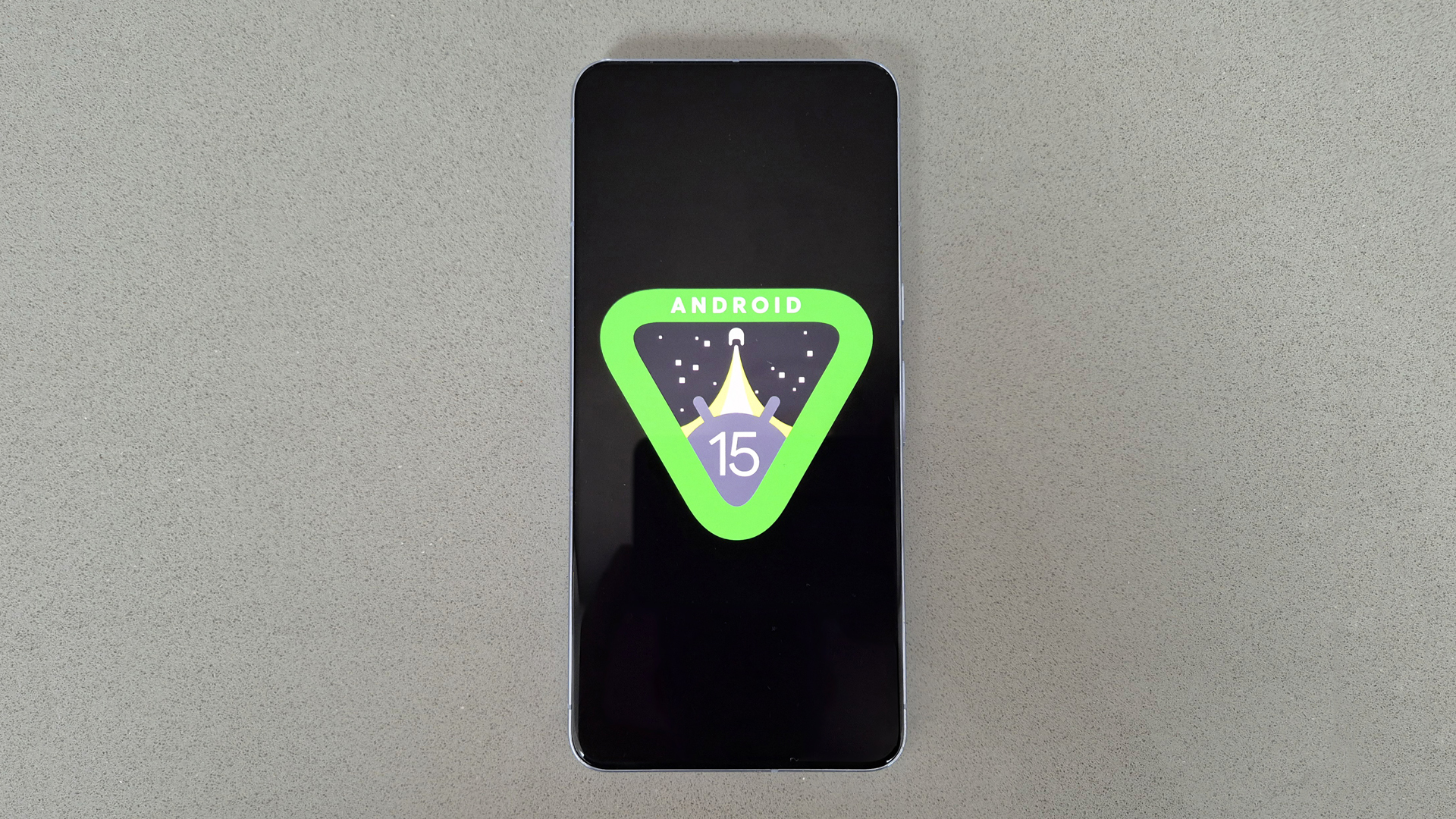 Google delivers bad news for budget Android phones
Google delivers bad news for budget Android phonesCheaper Android phones might need to change to meet new Google rules
By Chris Hall
-
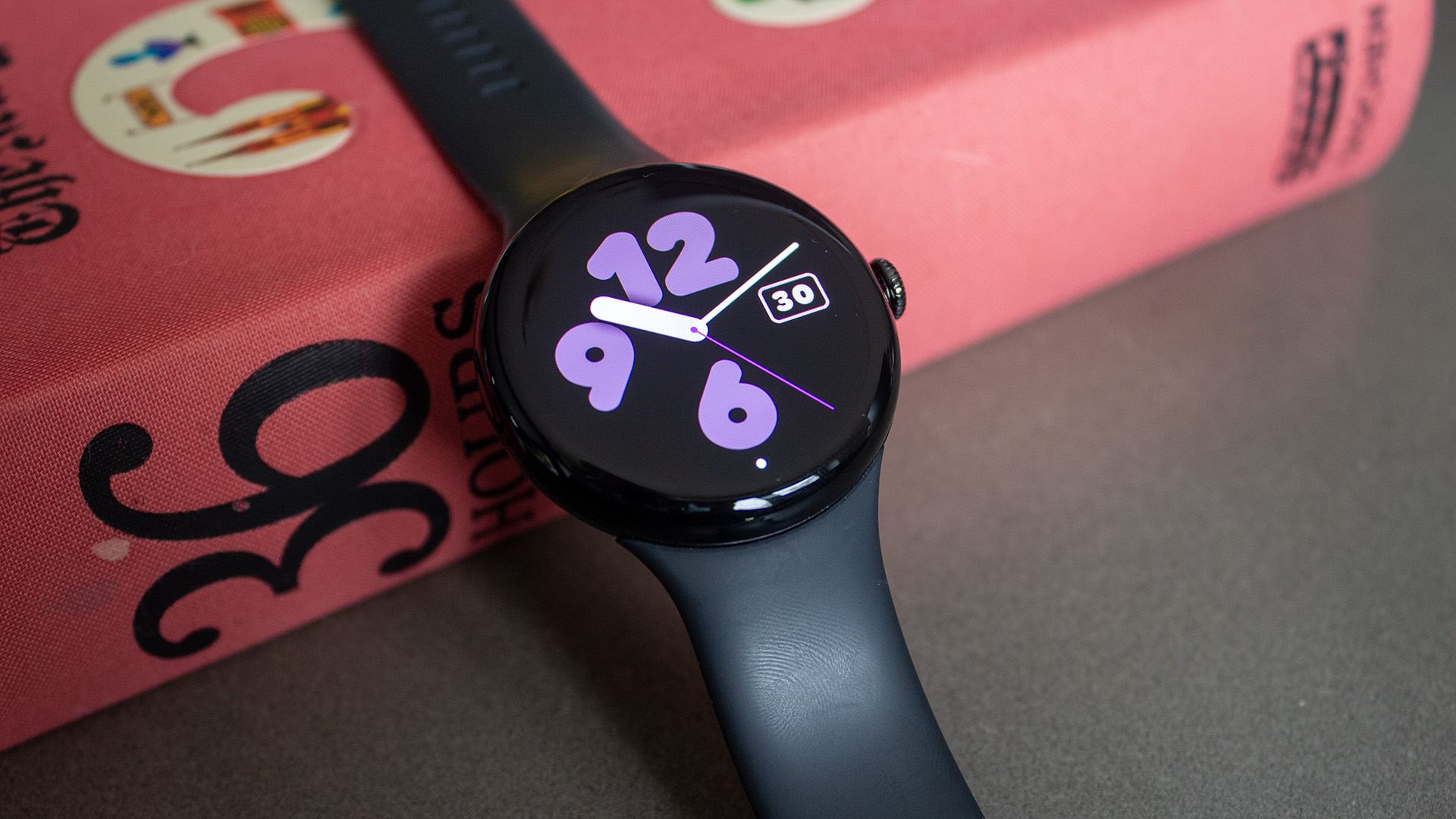 Google Pixel Watch 4 renders show a welcome design change
Google Pixel Watch 4 renders show a welcome design changeAnd one we're less thrilled about
By Britta O'Boyle
-
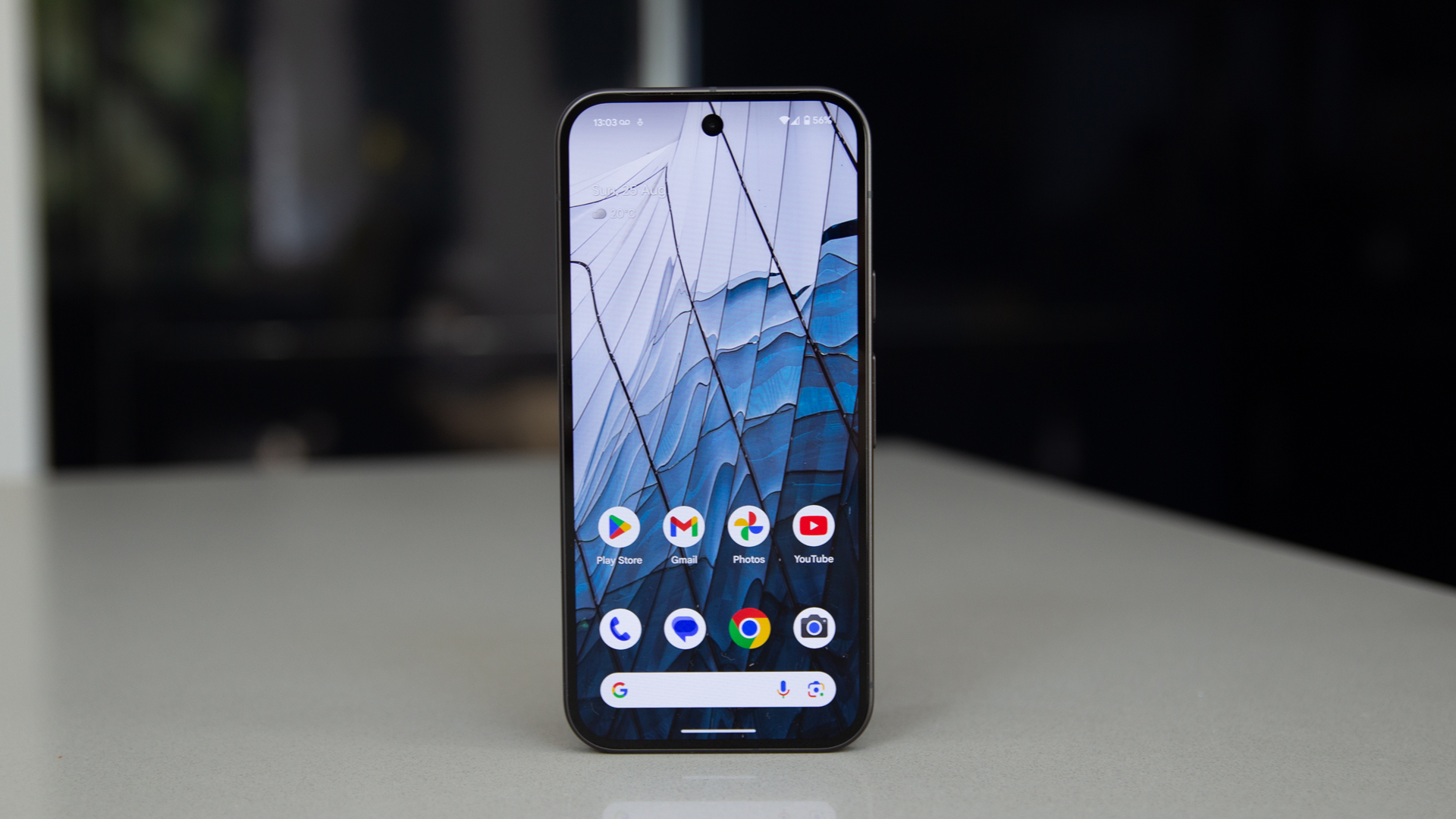 New Google Messages feature will make millions very happy
New Google Messages feature will make millions very happyIt's going to end a serious messaging blight
By Sam Cross
-
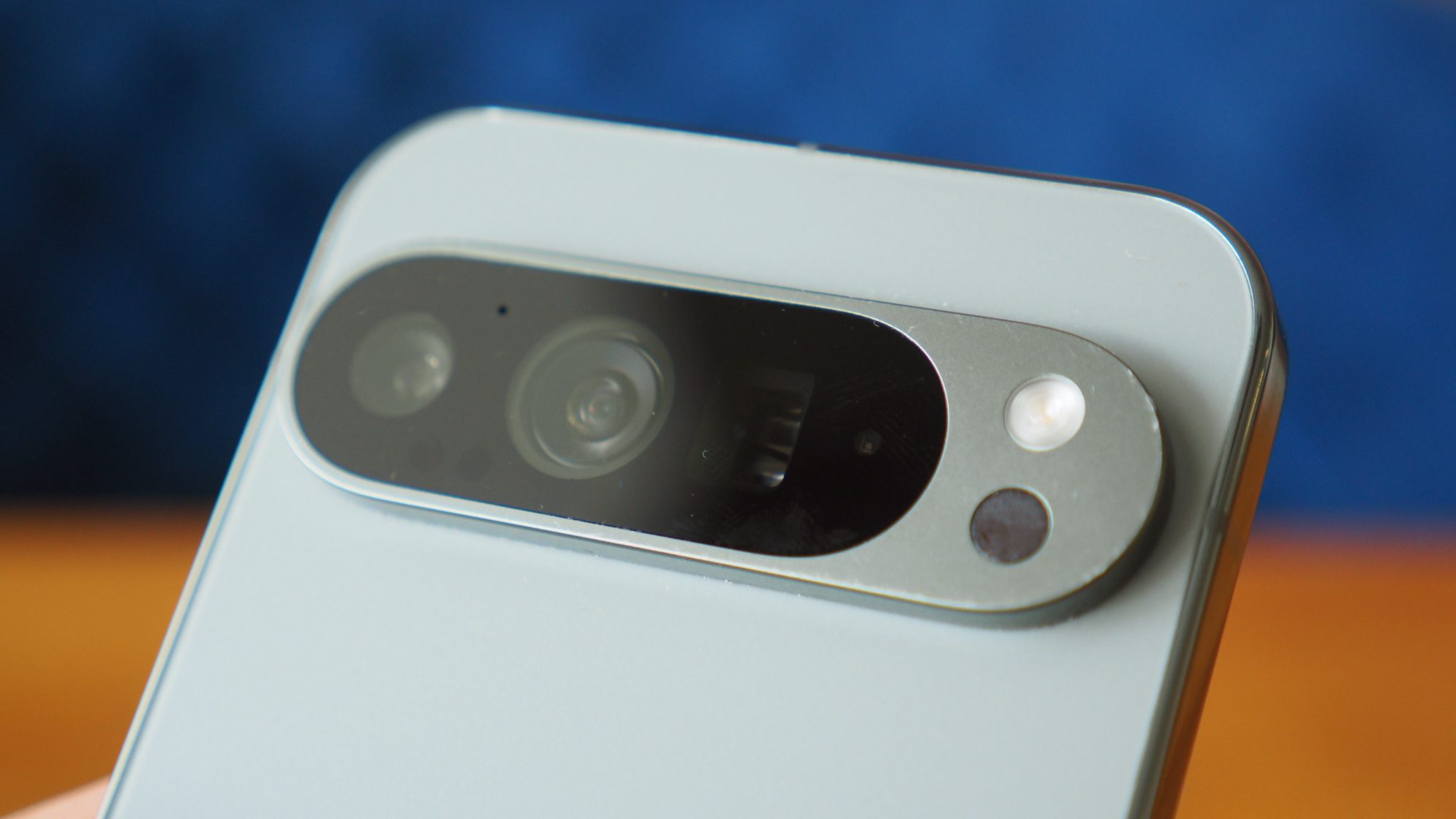 In an age of exciting upgrades, Google could downgrade the Pixel 10 instead
In an age of exciting upgrades, Google could downgrade the Pixel 10 insteadThere’s a change coming to the Pixel cameras and it could cause a stir
By Chris Hall
-
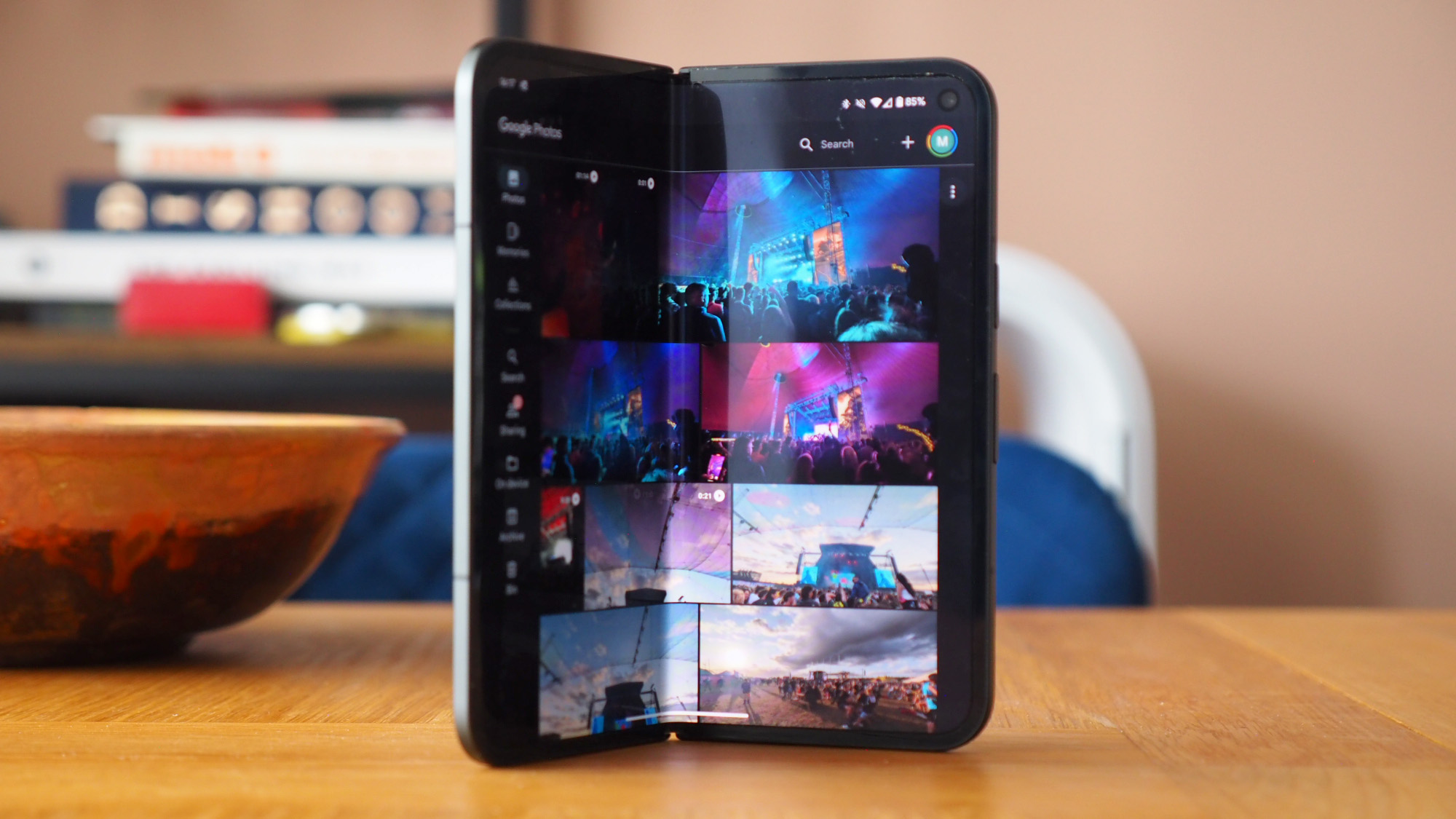 Google Pixel 10 Pro Fold renders show an early contender for foldable of the year
Google Pixel 10 Pro Fold renders show an early contender for foldable of the yearEven though it might not be the slimmest, it could be the sexiest
By Britta O'Boyle
-
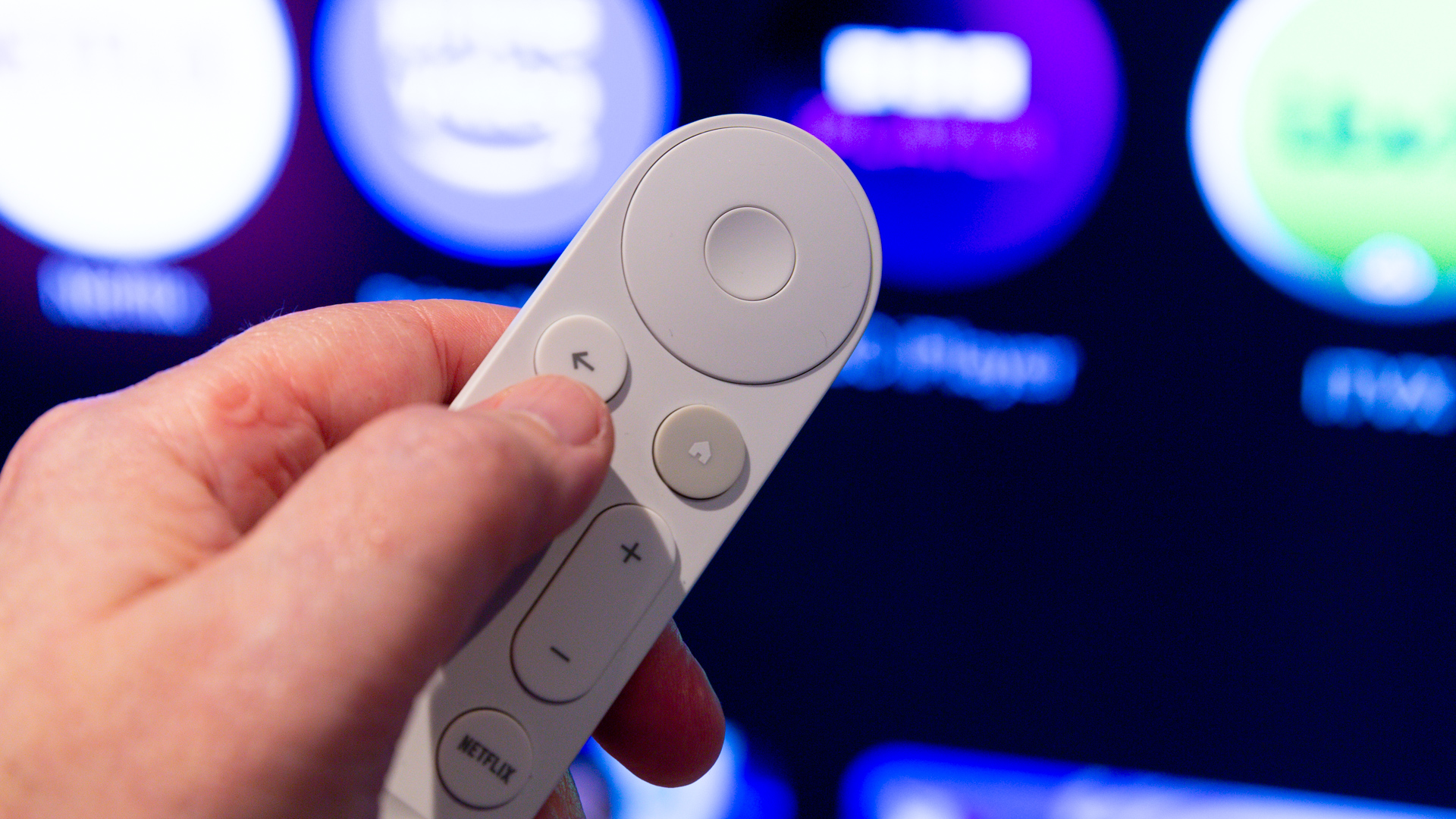 Google TV set for a shake up that might have you feeling blue
Google TV set for a shake up that might have you feeling blueA redesign is reportedly coming to Google TV, with a new colour scheme and features
By Rik Henderson
-
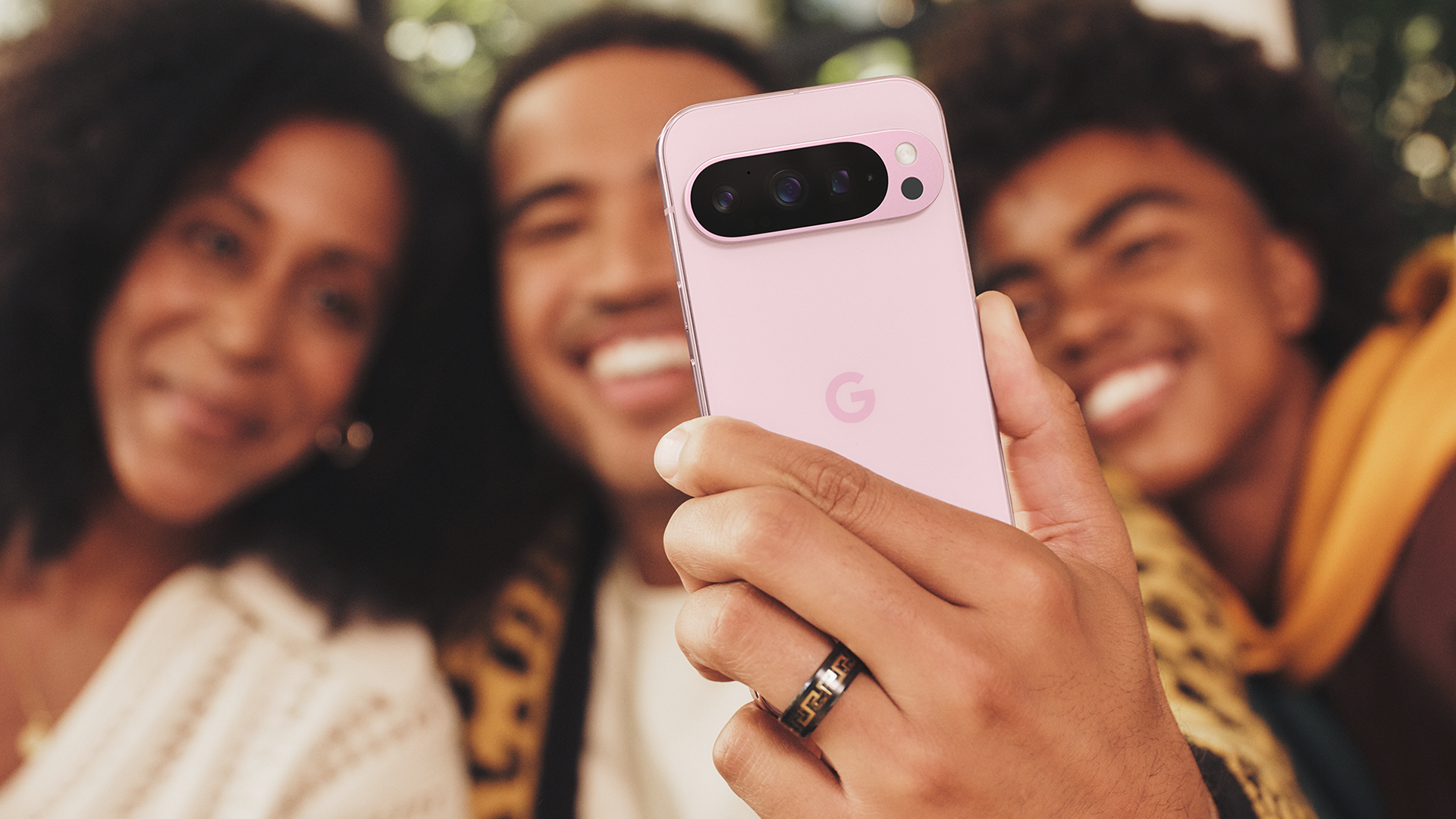 Android 16 to come with a significant security upgrade for Pixel phones
Android 16 to come with a significant security upgrade for Pixel phonesIt’s going to be easier to unlock your Pixel phone in the future
By Chris Hall
-
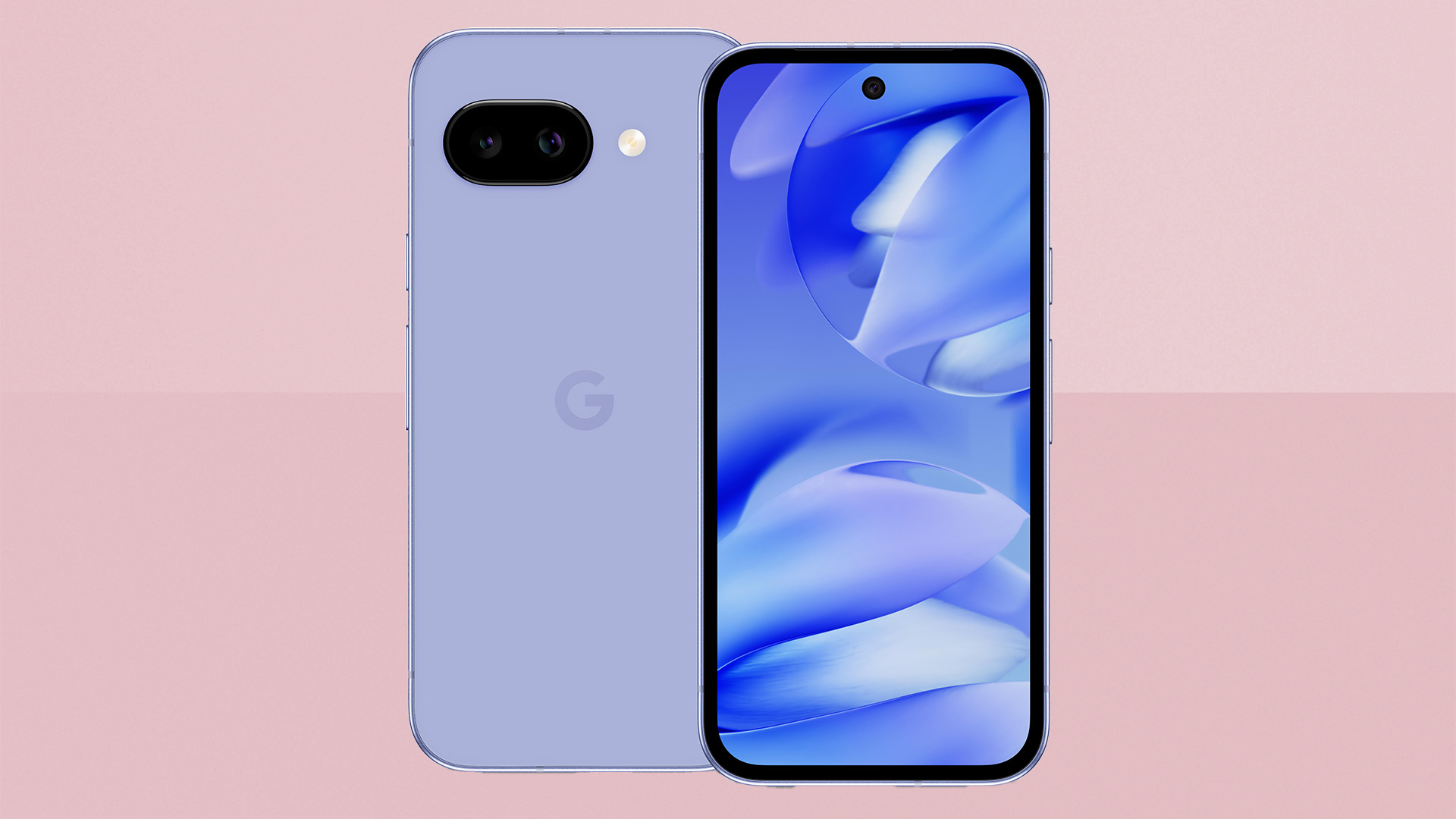 Google Pixel 9a delayed, but for good reason
Google Pixel 9a delayed, but for good reasonGoogle’s latest affordable phone has been announced, but you can’t actually buy it yet
By Chris Hall